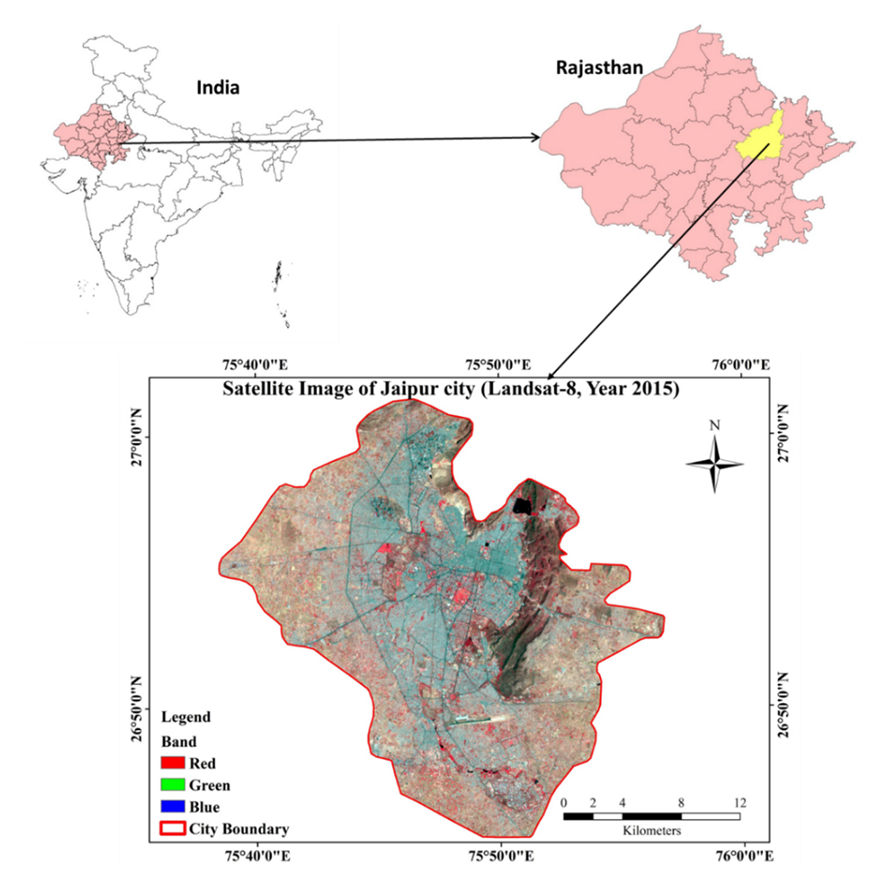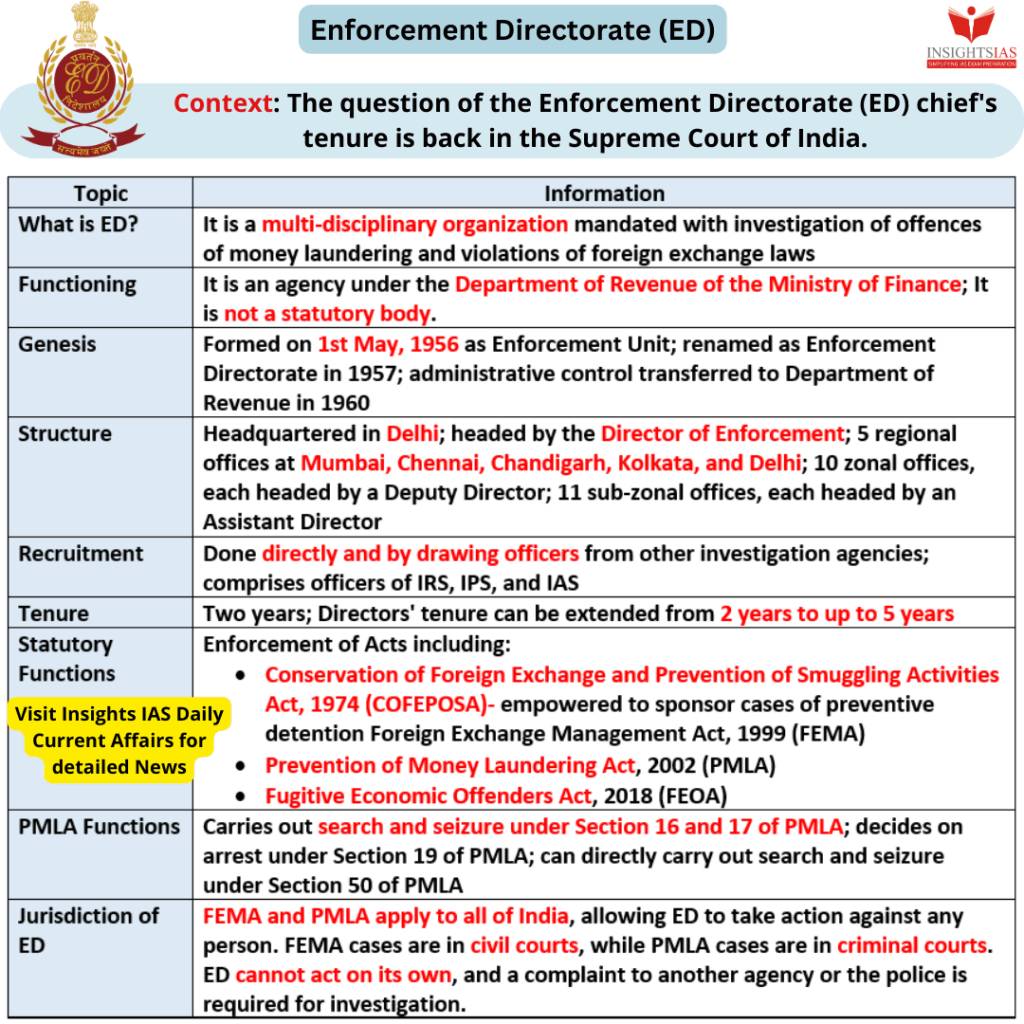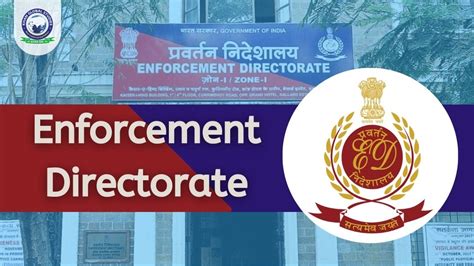
₹150 Crore Jaipur Land Scam: The ₹150 Crore Jaipur Land Scam has grabbed headlines across India, with the Enforcement Directorate (ED) uncovering major financial irregularities in Jaipur’s booming real estate sector. In early September 2025, ED officers carried out multiple raids on business figures accused of fraudulent land transactions and money laundering.
While viral posts on social media claim that crores in gold and jewellery were seized, reliable reports highlight that the main recoveries included cash, financial records, and digital evidence. The focus is squarely on shell companies, fake ownership documents, and laundering channels. This case is more than a local scam—it’s a wake-up call for India’s real estate sector, showing how unchecked fraud can shake both investor confidence and the dreams of ordinary homebuyers.
₹150 Crore Jaipur Land Scam
The ₹150 Crore Jaipur Land Scam is a reminder of how fragile trust can be in real estate. With the ED tightening its grip through the PMLA, authorities are sending a message that land fraud won’t go unchecked. For ordinary citizens and investors, the key takeaway is simple: do your due diligence, verify every document, and don’t cut corners. Property is one of the biggest investments of your life—treat it with the seriousness it deserves.
| Aspect | Details |
|---|---|
| Scam Value | Around ₹150 crore (based on FIRs filed by Jaipur police) |
| ED Action | Raids on Sept 3–4, 2025, across multiple real-estate businesses |
| Suspects | Businessmen like Gyan Chand Agarwal, Jugal Kishor Derawala, Dalpat Singh, and others |
| Seized | Cash, digital evidence, financial records; jewellery recovery unverified |
| Legal Framework | Prevention of Money Laundering Act (PMLA), 2002 |
| More Info | Official ED Website |
What Is the ₹150 Crore Jaipur Land Scam?
In simple terms, this scam involves fraudulent land transactions worth about ₹150 crore. Investigators allege that businessmen used fake papers, shell companies, and false ownership documents to acquire or sell land illegally.
Imagine you buy a house in America, only to find out later that the seller never owned it. That’s what’s happening here—but multiplied by hundreds of crores.
The case came to light after the Jaipur police registered multiple FIRs at different stations, reporting fraudulent land sales and forged paperwork. These were then taken up by the ED under the Prevention of Money Laundering Act (PMLA).
How the ED’s Raids Played Out?
Between September 3–4, 2025, ED officers carried out raids across 17 different sites in Jaipur. Their findings included:
- Crores in cash stacked in safes.
- Financial records pointing to land fraud.
- Digital evidence linking transactions to international bank accounts.
- Details of shell companies funneling illicit funds.
While viral posts circulated about jewellery being seized, leading publications like Times of India and Business Standard emphasize that financial documents and money trails are the main evidence so far.
Who Are the Main Suspects?
Among the businessmen under the scanner are:
- Gyan Chand Agarwal – Allegedly linked to shell firms and fraudulent registries.
- Jugal Kishor Derawala – Facing multiple FIRs in property-related frauds.
- Dalpat Singh and Govardhan Agarwal – Suspected of managing forged documents.
- Anil Jain – Connected with disputed real estate transactions.
These figures aren’t small fish—they’re deeply embedded in Jaipur’s real estate sector, which makes the scam even more alarming.

Why This Scam Matters?
For everyday citizens, this isn’t just “big news about big money.” It’s personal. Real estate fraud affects:
- Homebuyers who lose life savings on illegal plots.
- Banks that issue loans against disputed land.
- The Government which misses out on tax revenues.
Think of it like the 2008 housing crisis in the U.S.—except here, the issue is land grabbing instead of subprime mortgages. Both shake trust in the property market.
Legal Framework: PMLA and Beyond
The ED is investigating the scam under the Prevention of Money Laundering Act (PMLA), 2002. This law is India’s key weapon against large-scale financial crime. It empowers agencies to:
- Attach properties linked to illegal money.
- Seize cash and assets during searches.
- Arrest and prosecute individuals accused of laundering.
Cases like this highlight how PMLA enforcement is widening—beyond banking frauds and corporate scams, it’s now firmly in the real estate zone.

A Brief History of Land Scams in India
The Jaipur case isn’t unique. India has seen several high-profile land scams in the past two decades:
- Adarsh Housing Scam (Mumbai): Flats reserved for war widows and soldiers were sold to politicians and bureaucrats.
- Noida Land Scam: Government land parcels were illegally allotted for private projects.
- DLF-Gurgaon Case: Allegations of undervalued land sold to major corporate developers.
The recurring theme? Political connections, weak enforcement, and lack of buyer awareness. Jaipur is just the latest domino.
The Economic Impact on Jaipur and Beyond
Real estate is a cornerstone of Rajasthan’s economy. Jaipur, known as the “Pink City,” has been a hotbed for both residential and commercial growth. According to Statista, India’s real estate market is valued at US$265 billion in 2023 and is expected to grow to US$1 trillion by 2030.
But scams like this have ripple effects:
- Property values stagnate because buyers hesitate.
- Foreign investors pull back, citing risks.
- Ordinary projects stall, hurting construction jobs.
It’s like a domino effect—when one scam blows up, confidence across the sector takes a hit.
Step-by-Step Guide: How to Spot and Avoid Scams Like ₹150 Crore Jaipur Land Scam
If you’re buying property in Jaipur—or anywhere in India—here’s a checklist to protect yourself:
Step 1: Verify Ownership
Use official portals like RERA Rajasthan to check if the seller actually owns the land.
Step 2: Review Legal Documents
Ensure the title deed, encumbrance certificate, and tax receipts are legit. If something feels off, consult a lawyer.
Step 3: Investigate the Seller
Look up the seller or builder online. If they have multiple complaints or lawsuits, that’s a red flag.
Step 4: Avoid “Too Good to Be True” Deals
Prime property at dirt-cheap rates? That’s bait. Scammers use it to lure buyers.
Step 5: Hire a Professional
Bring in a chartered accountant or real estate attorney before investing big money.
Global Parallels: Not Just India’s Problem
Land scams are a global phenomenon.
- In the United States, mortgage fraud fueled the 2008 housing collapse.
- In China, “ghost cities” emerged from speculative real estate deals.
- In Nigeria, land grabbing is tied to political corruption.
What ties them all together? Greed, loopholes, and weak oversight.

Expert Opinions
Legal and financial experts say the Jaipur case underscores three urgent needs:
- Digital Land Records: Complete digitization will reduce forgery.
- Stronger RERA Enforcement: Regulatory authorities must act faster.
- Public Awareness: Buyers need education about due diligence.
As one analyst put it: “Land is India’s gold. Until people treat property deals with the same caution as buying gold, scams will continue.”
Fake Invoice Scam: DGGI Detects ₹43 Crore GST Evasion
Beware of Fake Apps: HDFC Bank Issues Warning on Dangerous APK Scam
Fuel Cess vs GST: Which Tax Will Shape India’s Economy Next?










